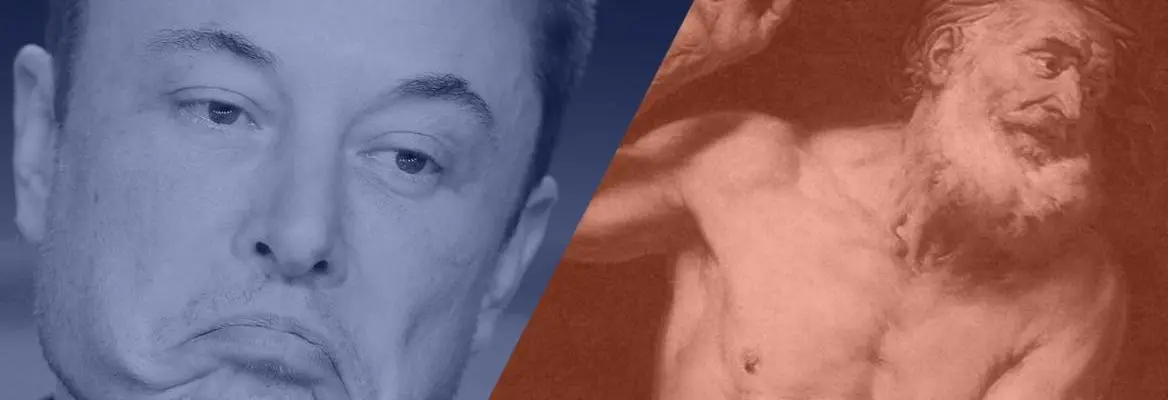Elon Musk is a visionary, entrepreneur, and billionaire. You can check his Wikipedia page if you don’t believe us. In December 2016, Musk was ranked 21st on the Forbes’ list of The World's Most Powerful People, and as of February 2018, he has a net worth of $20.8 billion, which ranks him 53rd in Forbes’ list of richest people in the world. As one of our favourite philosophers, Spider-Man, often says: with great power comes great responsibility, and one kind of responsibility Musk seems to have trouble mustering is to keep his hubris in check. And to treat others kindly. And to do more for the world. Okay, that’s three responsibilities, to be fair.
Recently, Musk did try to do something for the world. He has repeatedly been asked to intervene with the awful and apparently largely forgotten situation in Flint, MI, where the local water is still contaminated by lead and nobody seems to give a damn. But Musk probably thought this too easy a task for his genius. Some malevolent people even insinuate that it wasn’t high profile enough, and thus not likely to generate positive publicity, of which he and his troubled Tesla car company are in desperate need. No matter, Musk quickly found a worthy cause: sending a submarine, rapidly assembled by his team of engineers, to save a group of young boys and their football coach trapped in a cave in Thailand (who have, thankfully, since been rescued).
When Musk floated the 'submarine' (basically, a sophisticated metal cylinder) idea on that highly technical platform for engineering and rescue operations discussions known as Twitter, he got widespread media coverage and lots of encouragement from his 22 million fans. So far so good.
But then Vernon Unsworth, a British cave explorer with a lot of actual experience on (and under!) the ground, pointed out that the submarine idea was wacky: “It just had absolutely no chance of working, [Musk] had no conception of what the cave passage was like. The submarine, I believe, was about 5ft 6in long, rigid, so it wouldn’t have gone round corners or round any obstacles.” Unsworth wasn’t the only one holding that opinion. Narongsak Osatanakorn, head of the joint command centre overseeing the rescue, also said the mini-submarine would not have been practical. (Further details on the Musk fiasco here.)
Instead of gracefully retreating, Musk lashed out. He responded to an earlier critic of the submarine idea with a very clear invitation: “Stay tuned jackass,” and then tweeted again about Unsworth: “sorry pedo guy, you really did ask for it.”
___
"It is not material possessions, fame, or power that count in life. Indeed, they all too often get in the way of doing what is right, and of our becoming better, more virtuous people."
___















Join the conversation